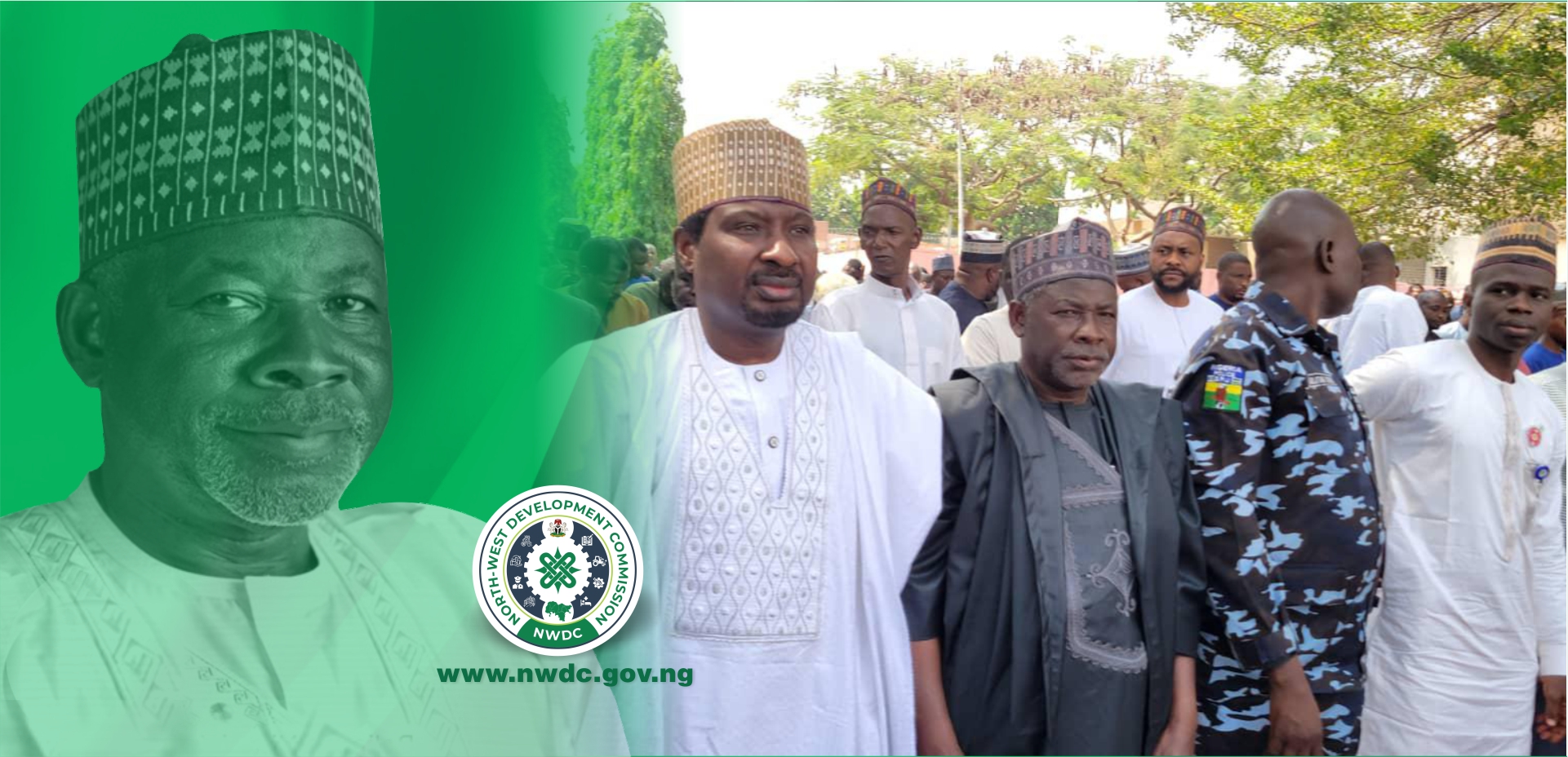Infrastructure
Home
Infrastructure


Building the Foundation for Progress: Infrastructural Development in Northwest Nigeria by NWDC
Infrastructure is the backbone of any thriving society, and its importance cannot be overstated. For Northwest Nigeria—a region rich in culture, resources, and untapped potential—infrastructural development is a critical driver of growth, connectivity, and prosperity. Recognizing this, the Northwest Development Commission (NWDC) has made infrastructural development one of its key focus areas. Through strategic investments, innovative projects, and community-driven initiatives, the NWDC is committed to transforming the region’s infrastructure landscape across Jigawa, Kaduna, Kano, Katsina, Kebbi, Sokoto, and Zamfara states.
By addressing gaps in transportation, energy, water supply, and digital connectivity, the NWDC aims to create an enabling environment where businesses can thrive, communities can prosper, and individuals can lead better lives.
- Modern infrastructure—one road, one power line, and one digital connection at a time. Together, we can build a legacy of stronger, smarter, and more resilient communities.
Why Infrastructural Development Matters in Northwest Nigeria
The Northwest region faces significant infrastructural challenges that hinder economic growth and quality of life. Poor road networks isolate rural communities, unreliable electricity stifles industrial activity, inadequate water supply compromises health, and limited internet access restricts educational and business opportunities. These deficiencies not only impede progress but also exacerbate poverty and inequality.
To overcome these barriers, the NWDC is implementing comprehensive strategies to upgrade and expand infrastructure, ensuring that every corner of the Northwest is connected, empowered, and equipped for sustainable development. By prioritizing infrastructure, the commission seeks to unlock the region’s full potential and position it as a hub of innovation and opportunity.
.
When roads are smooth, electricity flows reliably, and internet access is widespread, communities flourish, economies grow, and dreams become reality.

Key Focus Areas in Infrastructural Development
1. Transportation Networks
Efficient transportation is vital for economic integration and mobility. The NWDC is investing in:
Rehabilitating and expanding federal and state roads to improve connectivity between cities and rural areas.
Constructing bridges and bypasses to ease congestion and enhance safety.
Supporting rail projects to facilitate the movement of goods and people across the region.
2. Energy and Power Supply
Access to reliable electricity is essential for households, businesses, and industries. The NWDC is working to:
Expand grid connections to underserved communities.
Promote renewable energy solutions such as solar power plants and mini-grids.
Partner with private sector players to boost energy generation and distribution capacity.
3. Water Supply and Sanitation
Clean water and proper sanitation are fundamental to public health and well-being. The NWDC is focusing on:
Drilling boreholes and constructing dams to provide clean water to rural and urban areas.
Upgrading water treatment facilities to ensure safe drinking water.
Implementing sanitation programs to reduce open defecation and prevent waterborne diseases.
4. Digital Infrastructure
In today’s digital age, connectivity is a prerequisite for progress. The NWDC is bridging the digital divide by:
Expanding broadband internet coverage to remote areas.
Establishing tech hubs and innovation centers to foster entrepreneurship and skill development.
Partnering with telecom providers to improve network reliability and affordability.
5. Urban and Rural Infrastructure
Balancing urban and rural development is crucial for inclusive growth. The NWDC is addressing this through:
Building and upgrading markets, schools, and healthcare facilities in rural areas.
Developing recreational parks, sports facilities, and public spaces in urban centers.
Ensuring equitable distribution of resources to avoid neglecting marginalized communities.
6. Climate-Resilient Infrastructure
Climate change poses significant risks to infrastructure, particularly in flood-prone and arid regions. The NWDC is adopting climate-resilient practices by:
Designing flood-resistant roads, bridges, and drainage systems.
Promoting eco-friendly building materials and techniques.
Conducting risk assessments to identify vulnerable areas and implement protective measures.
Questions about service
Share this service:
